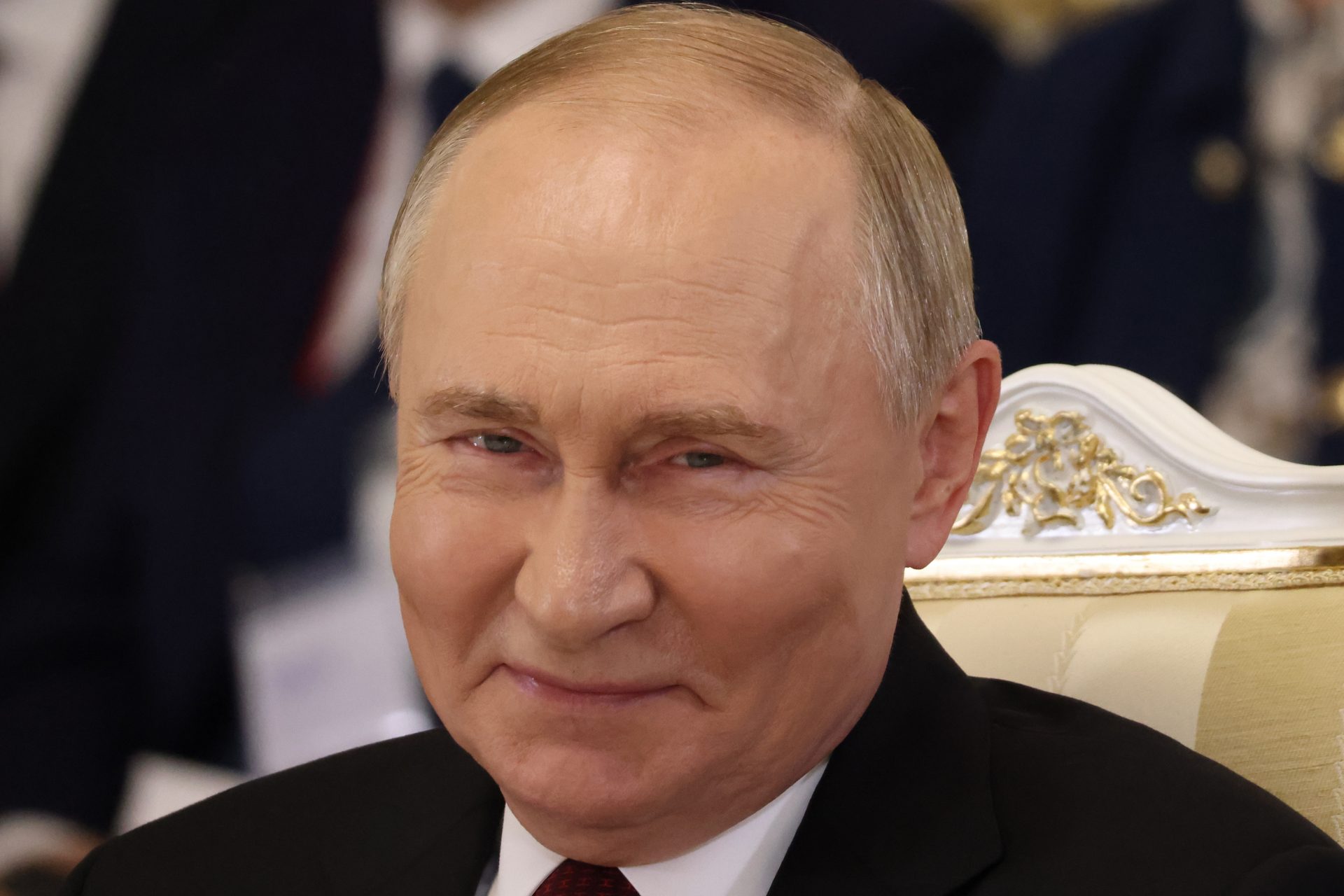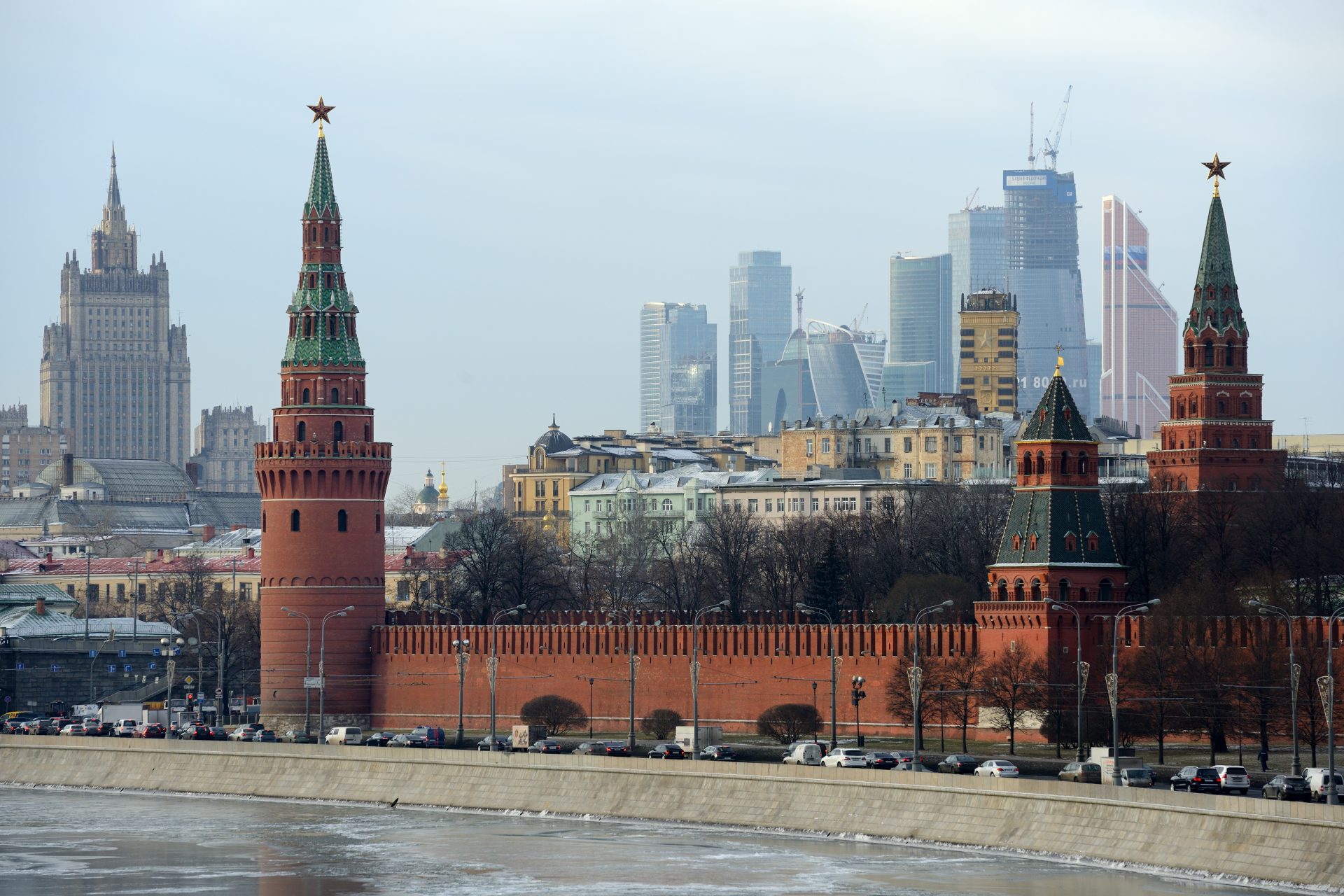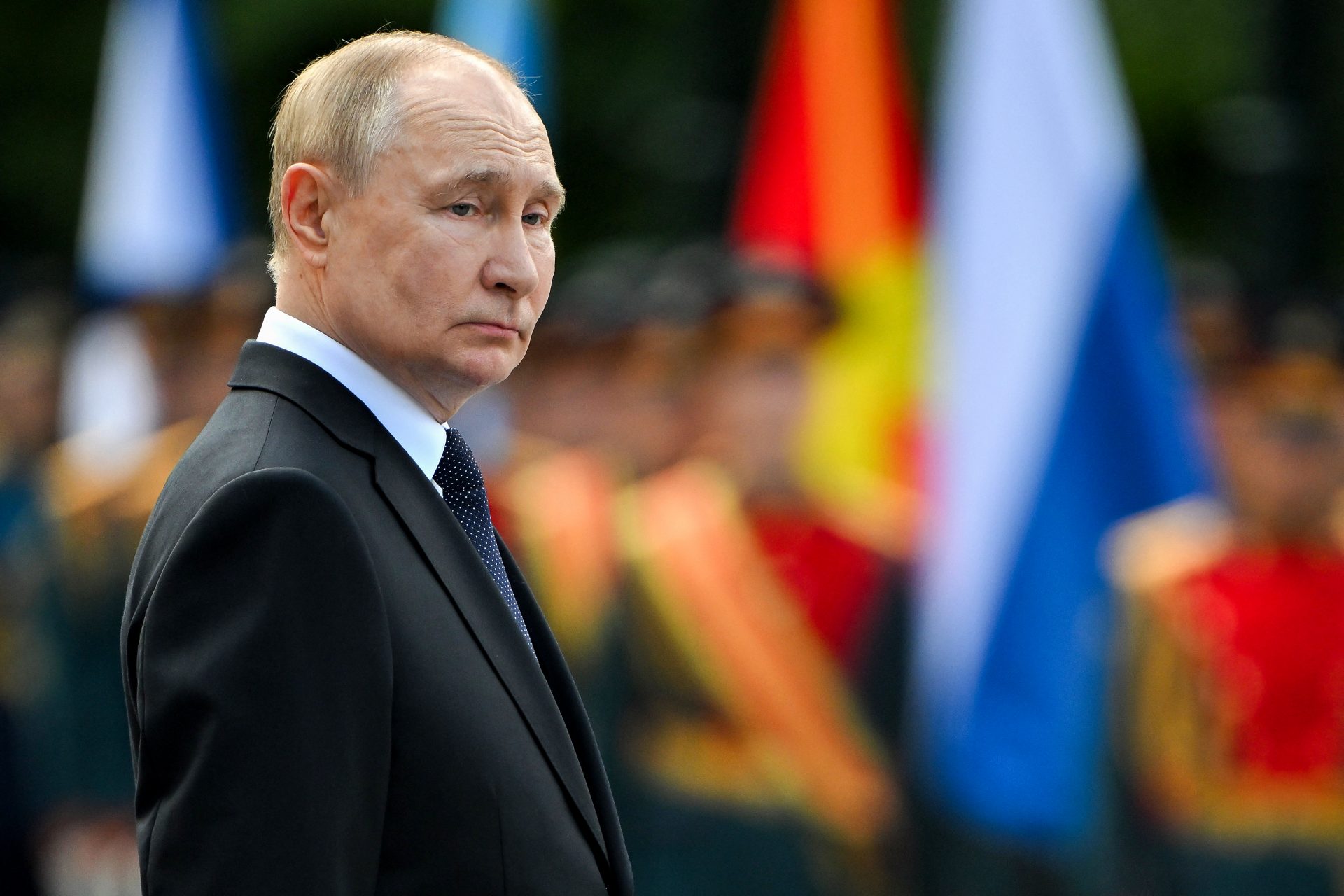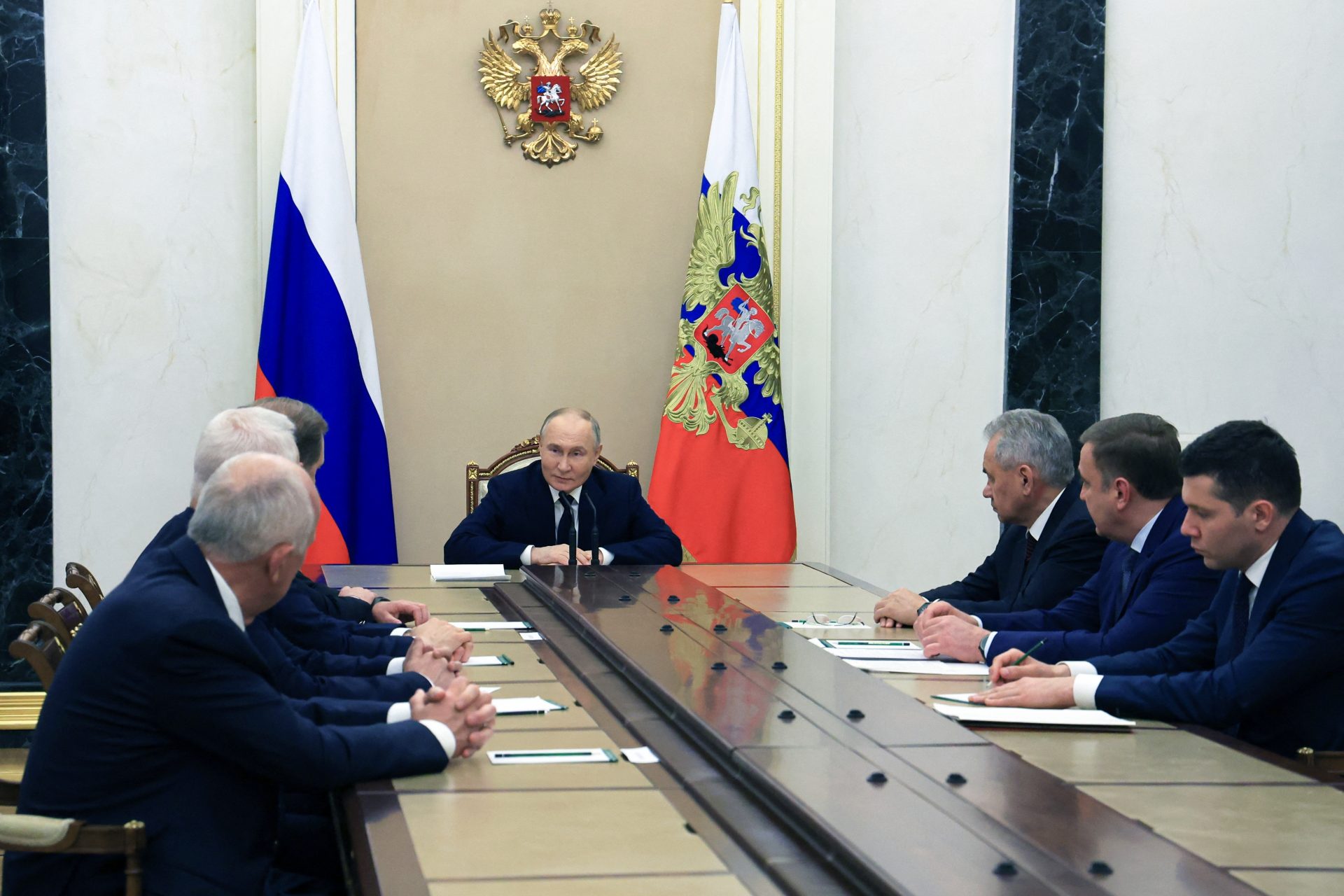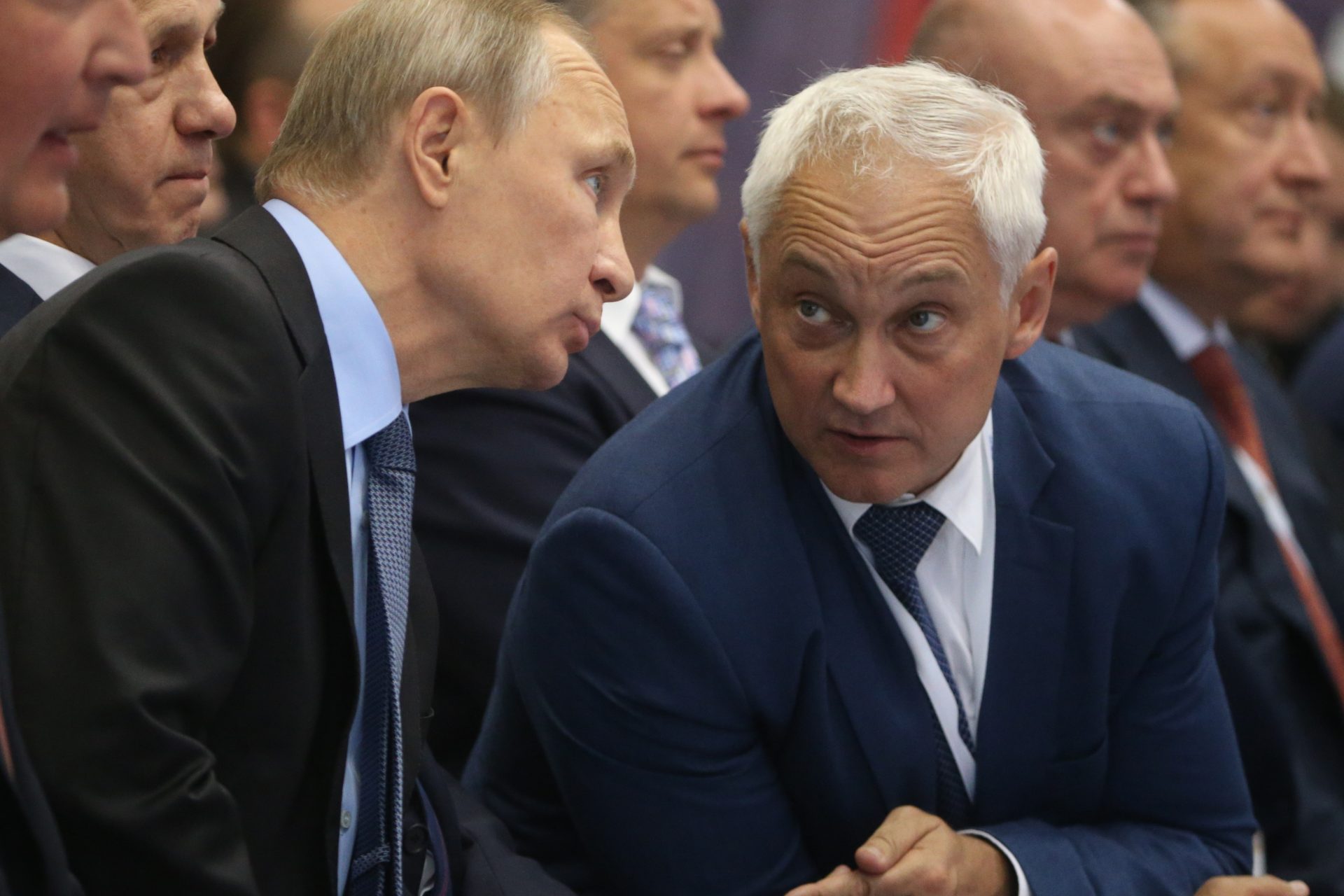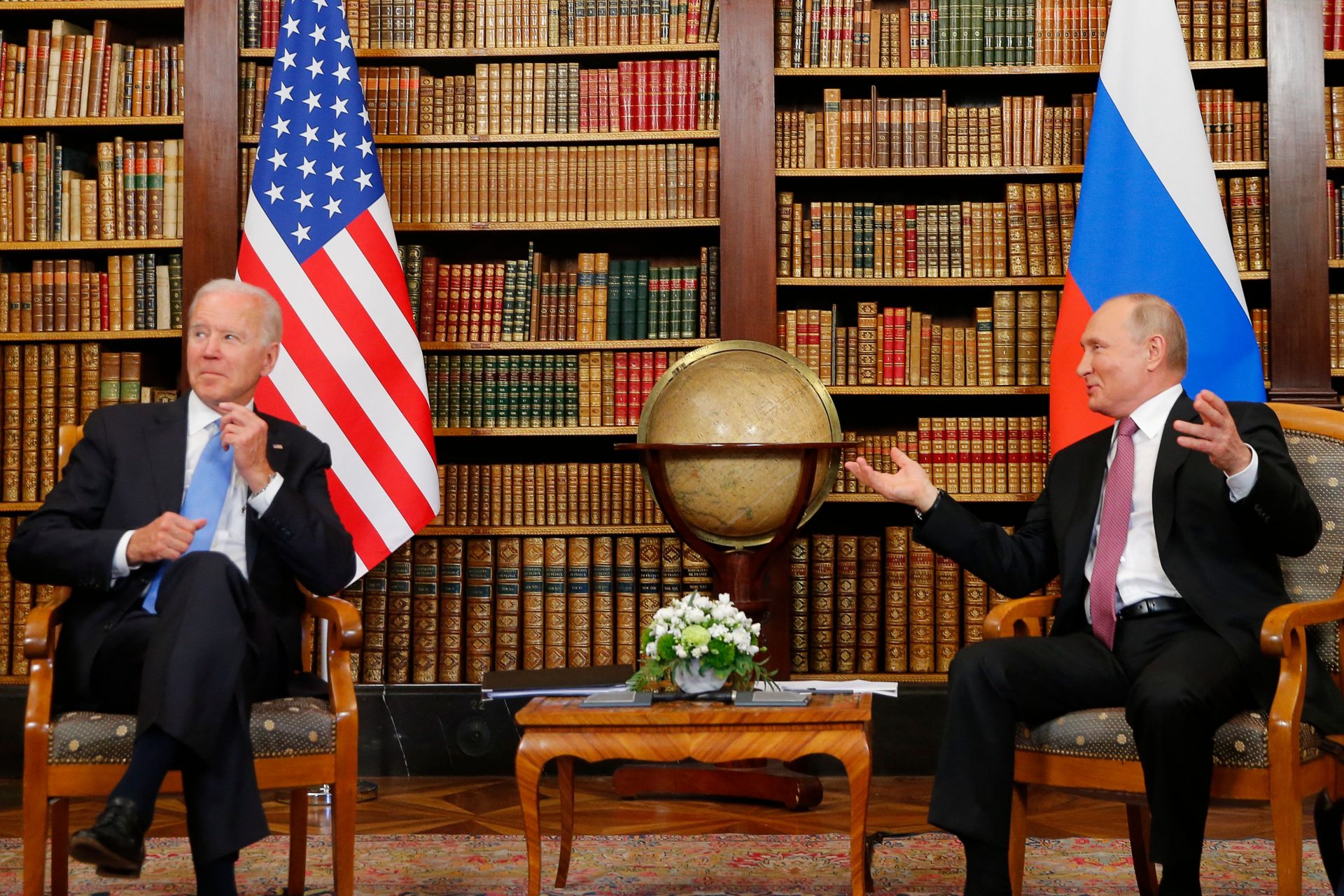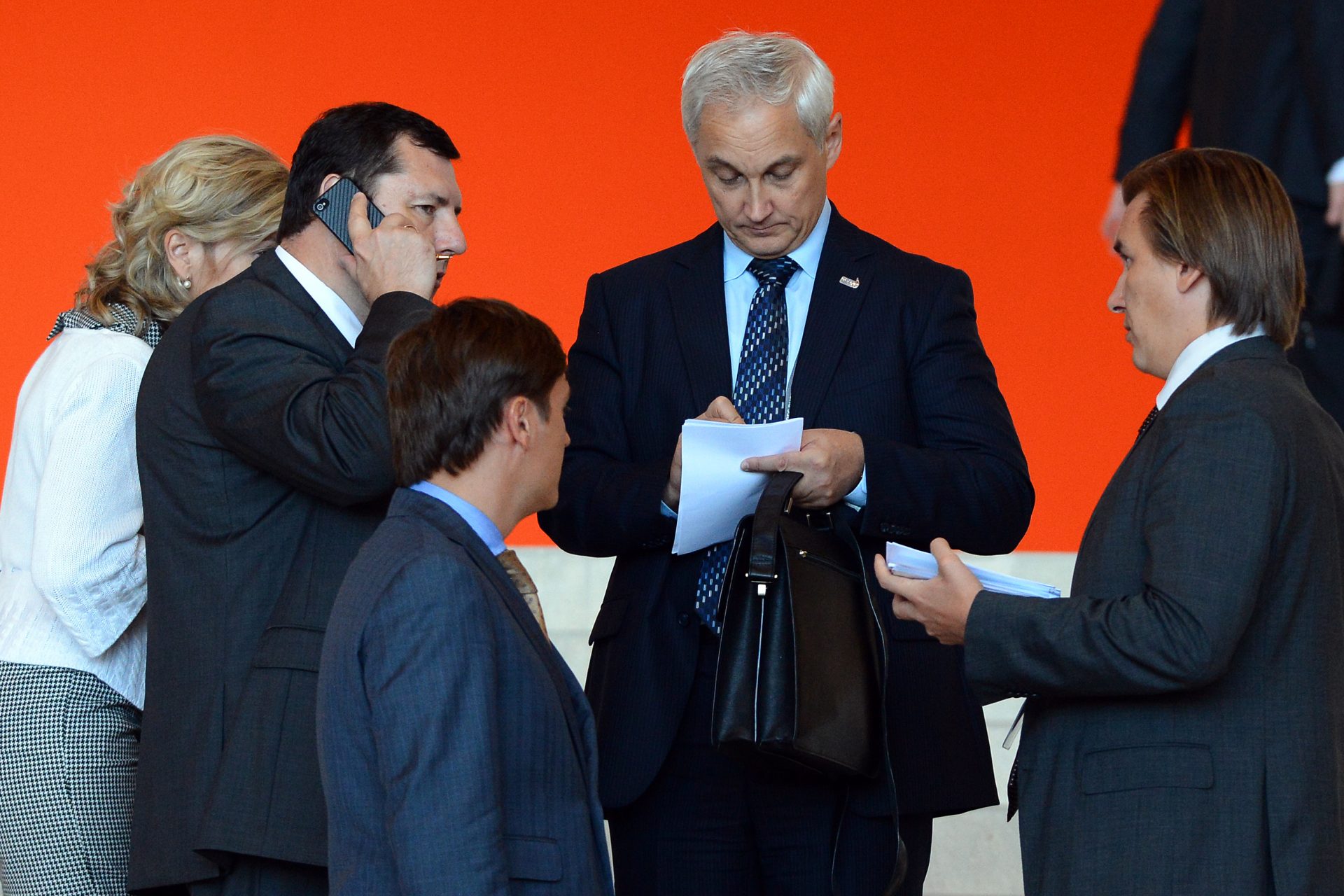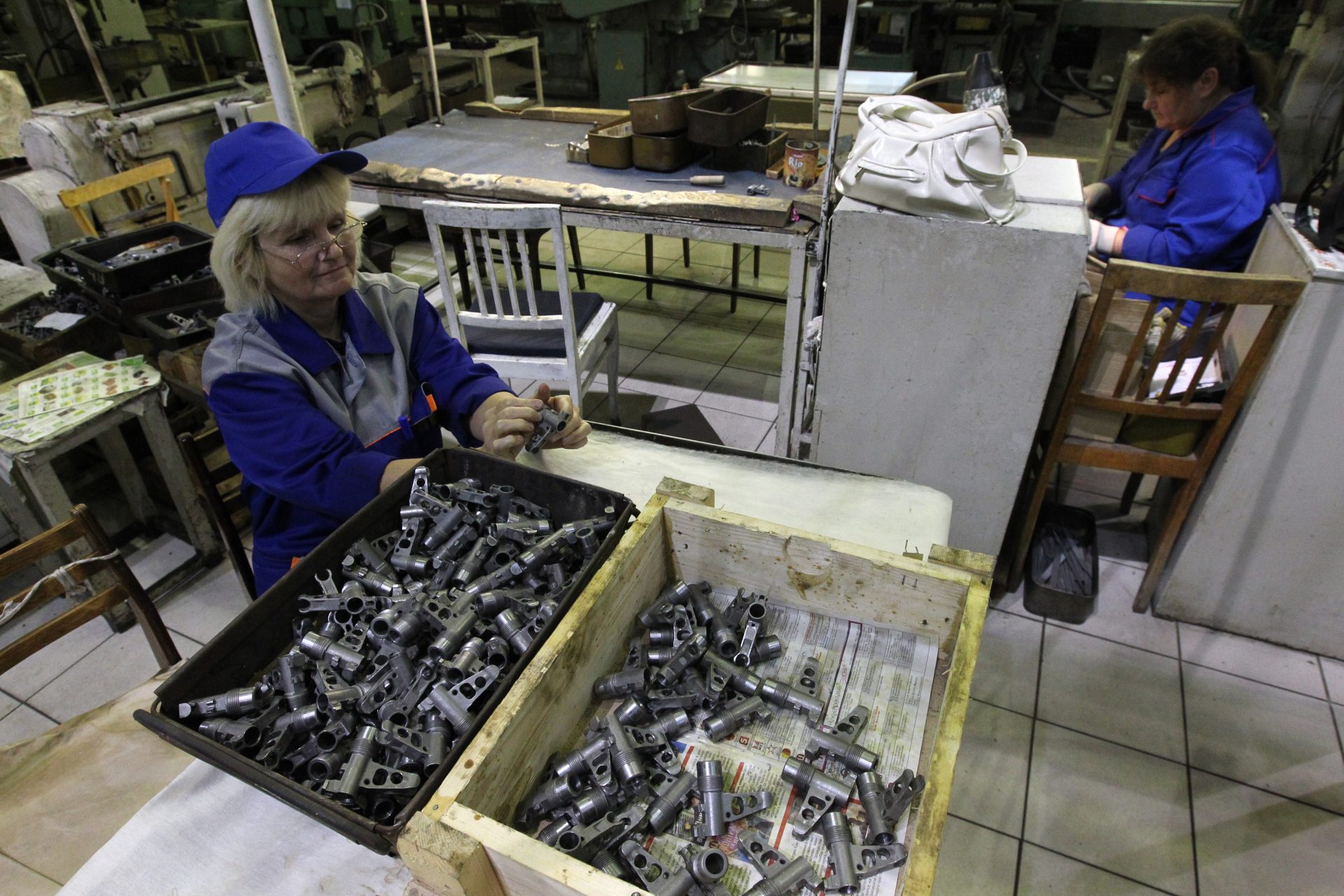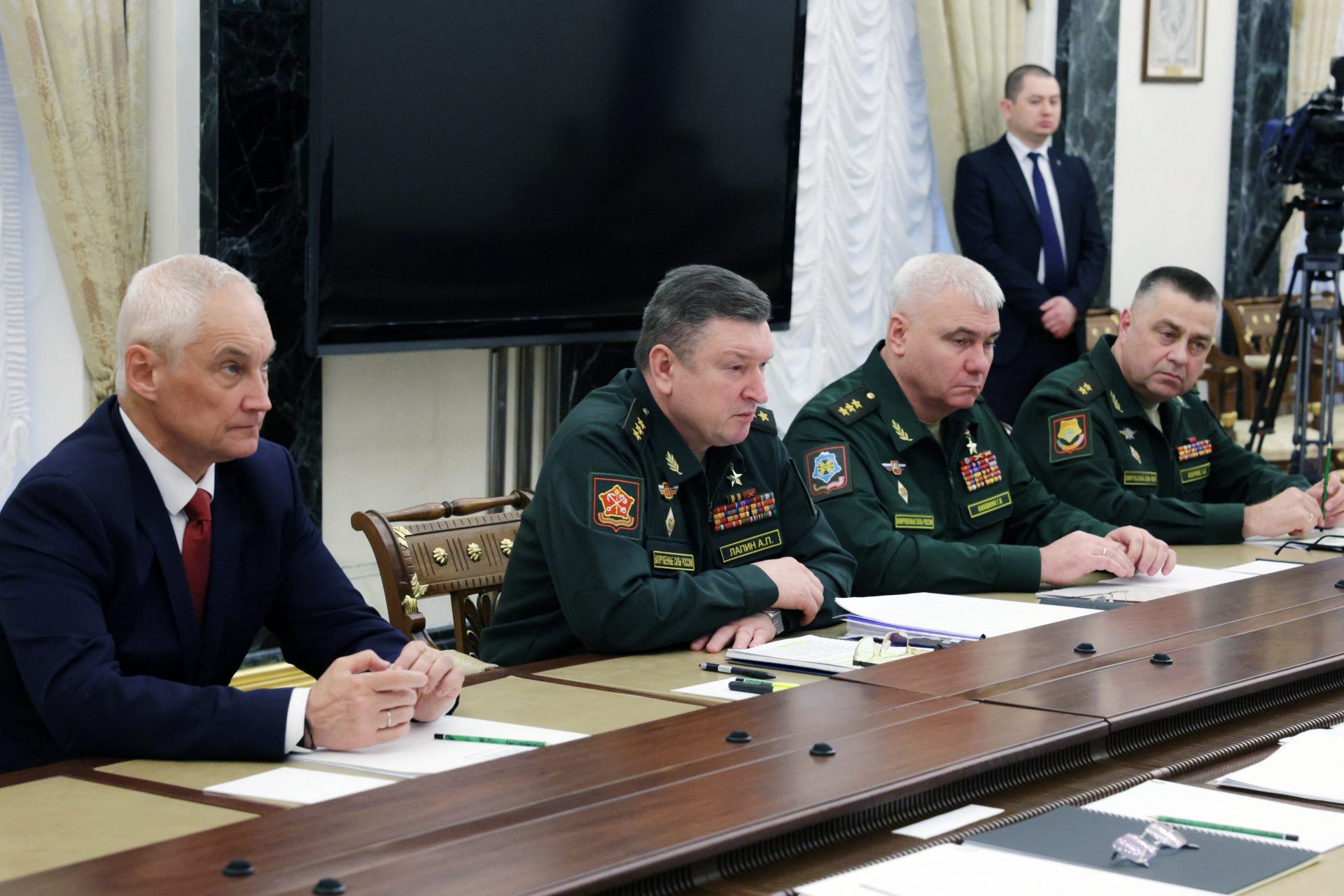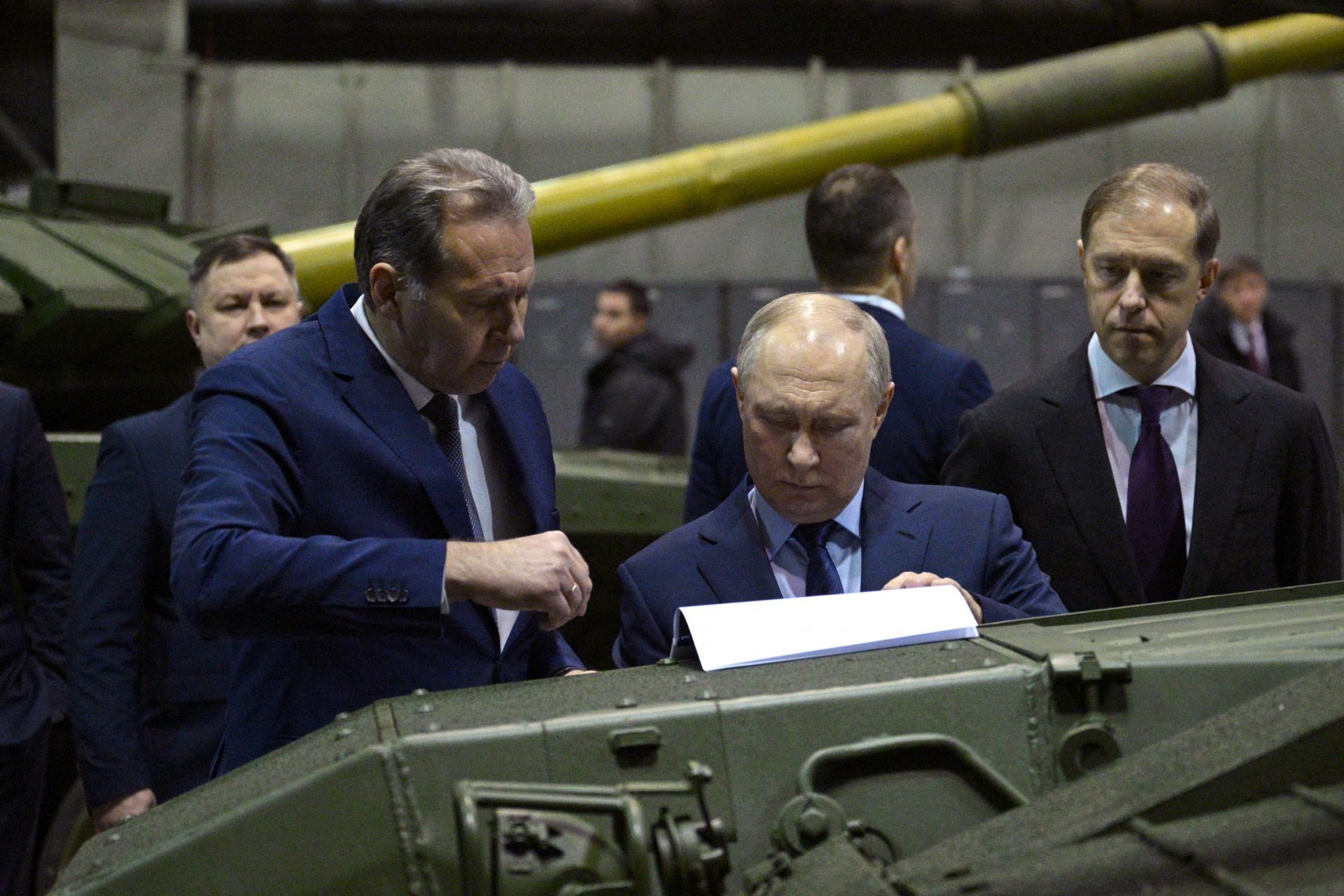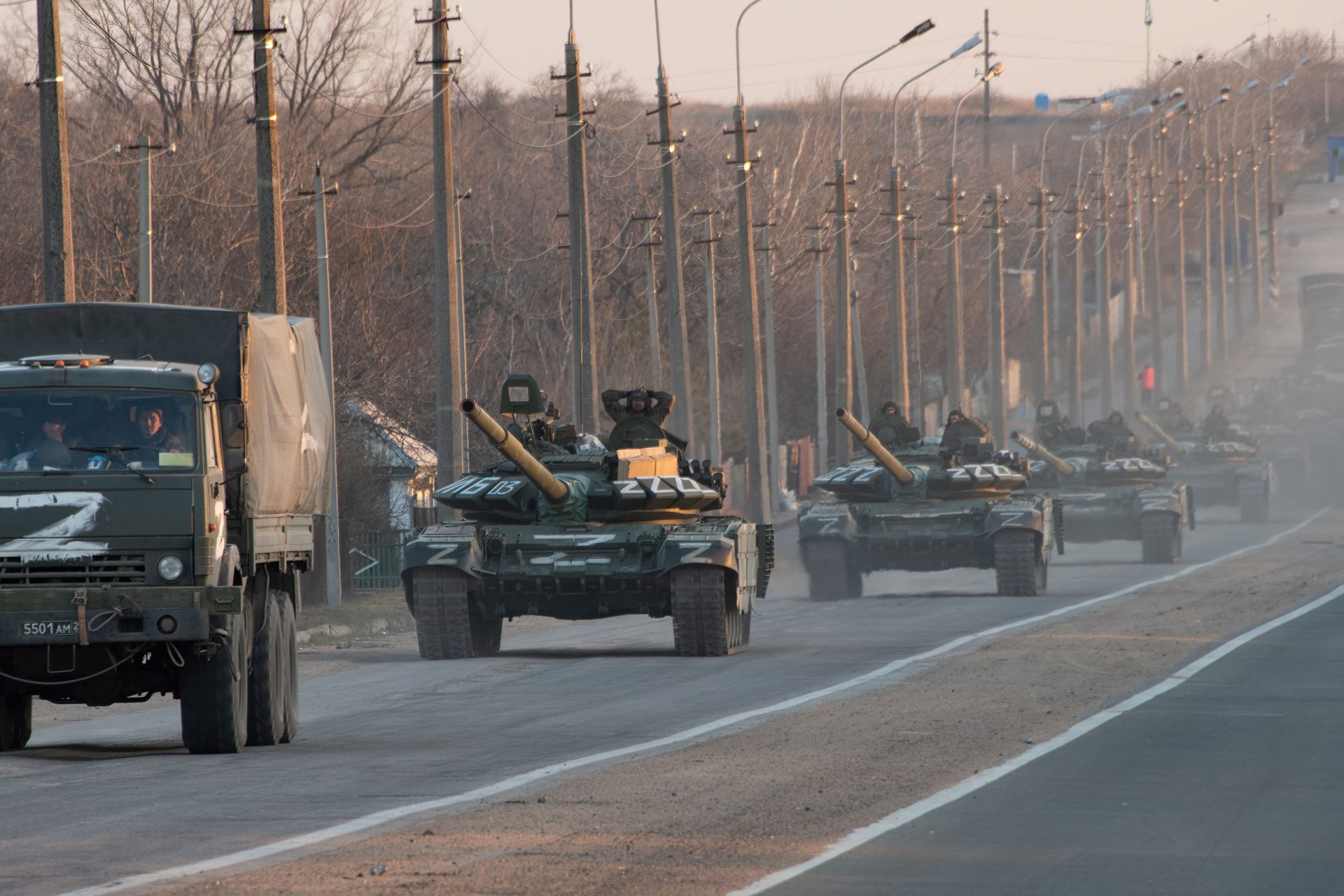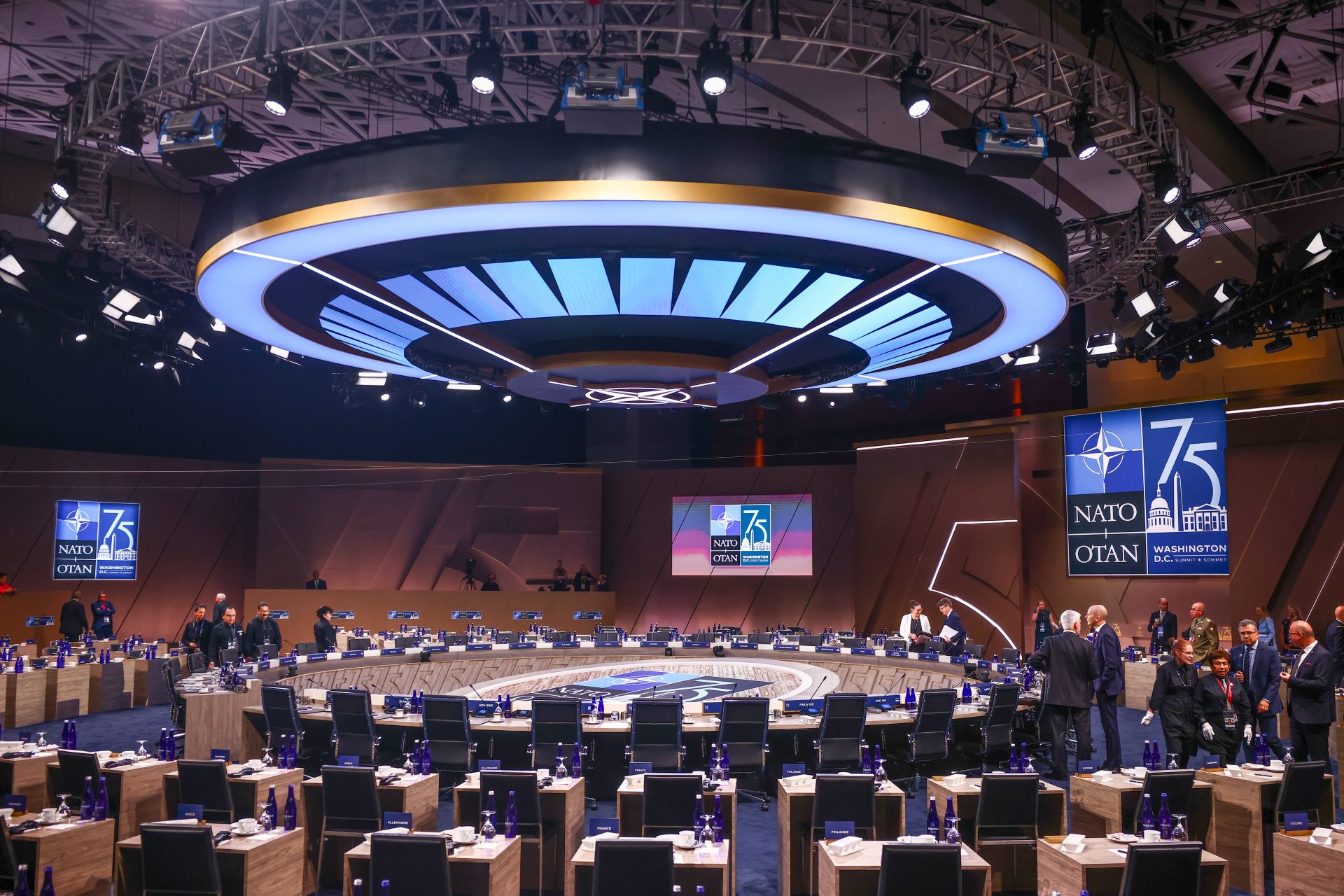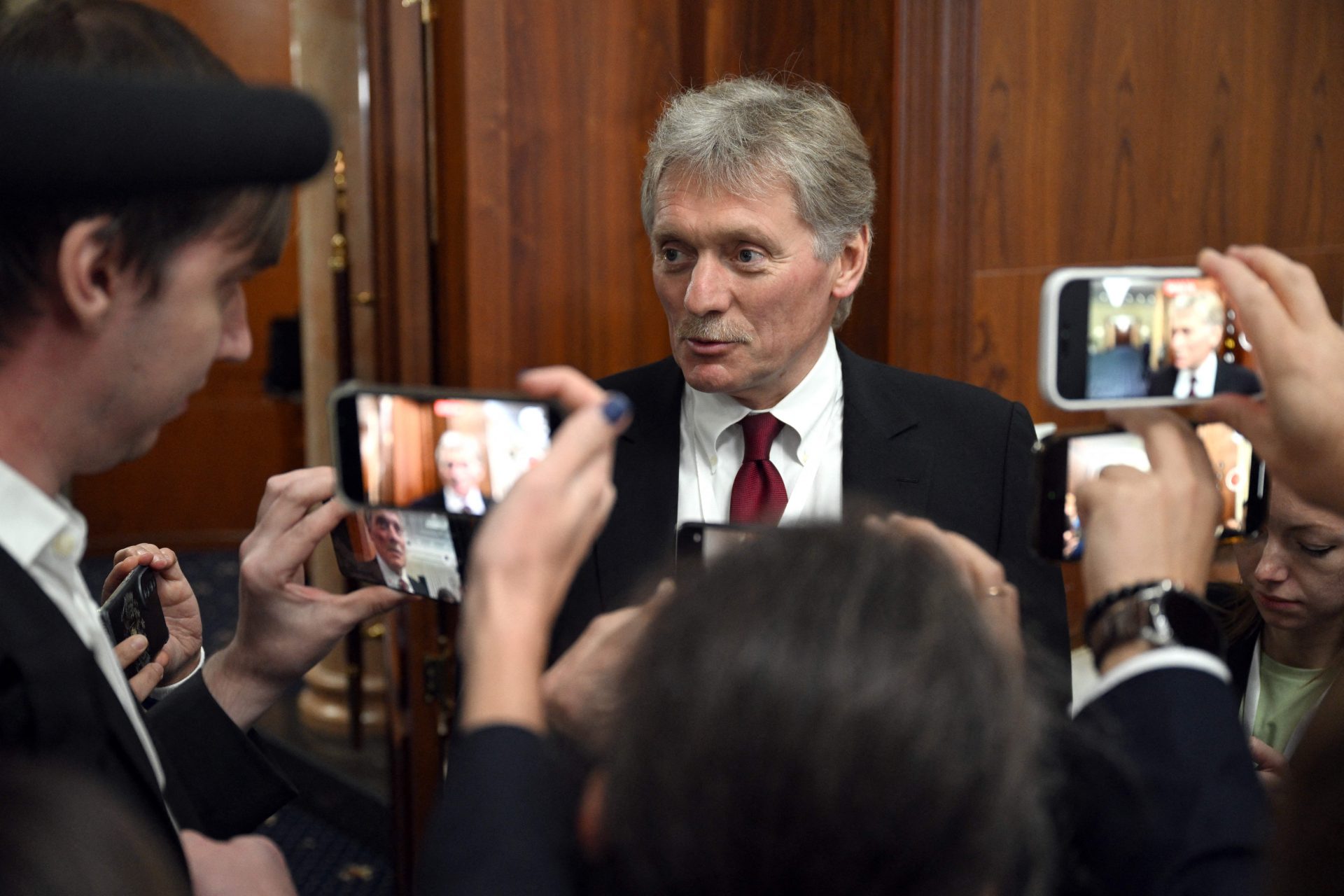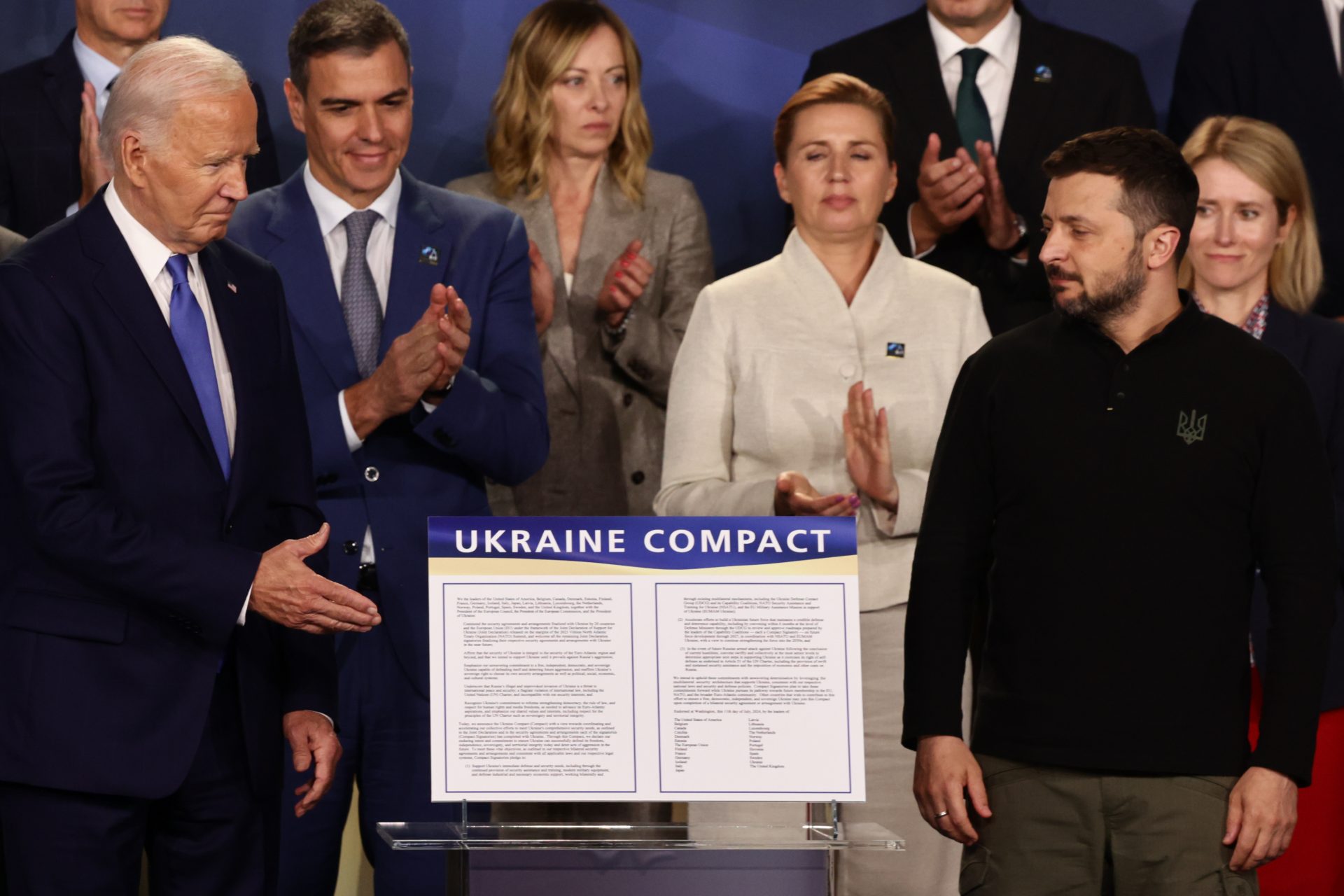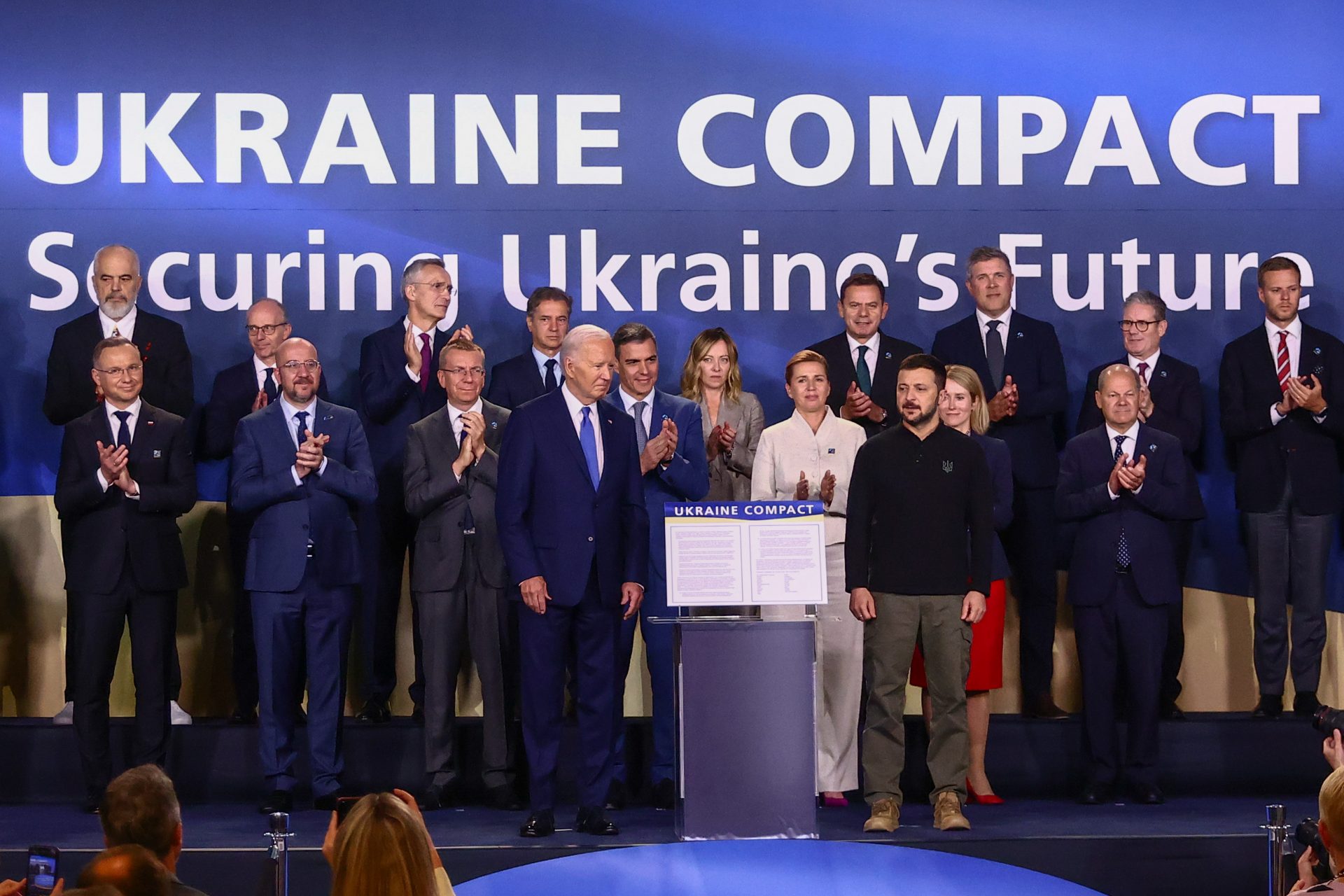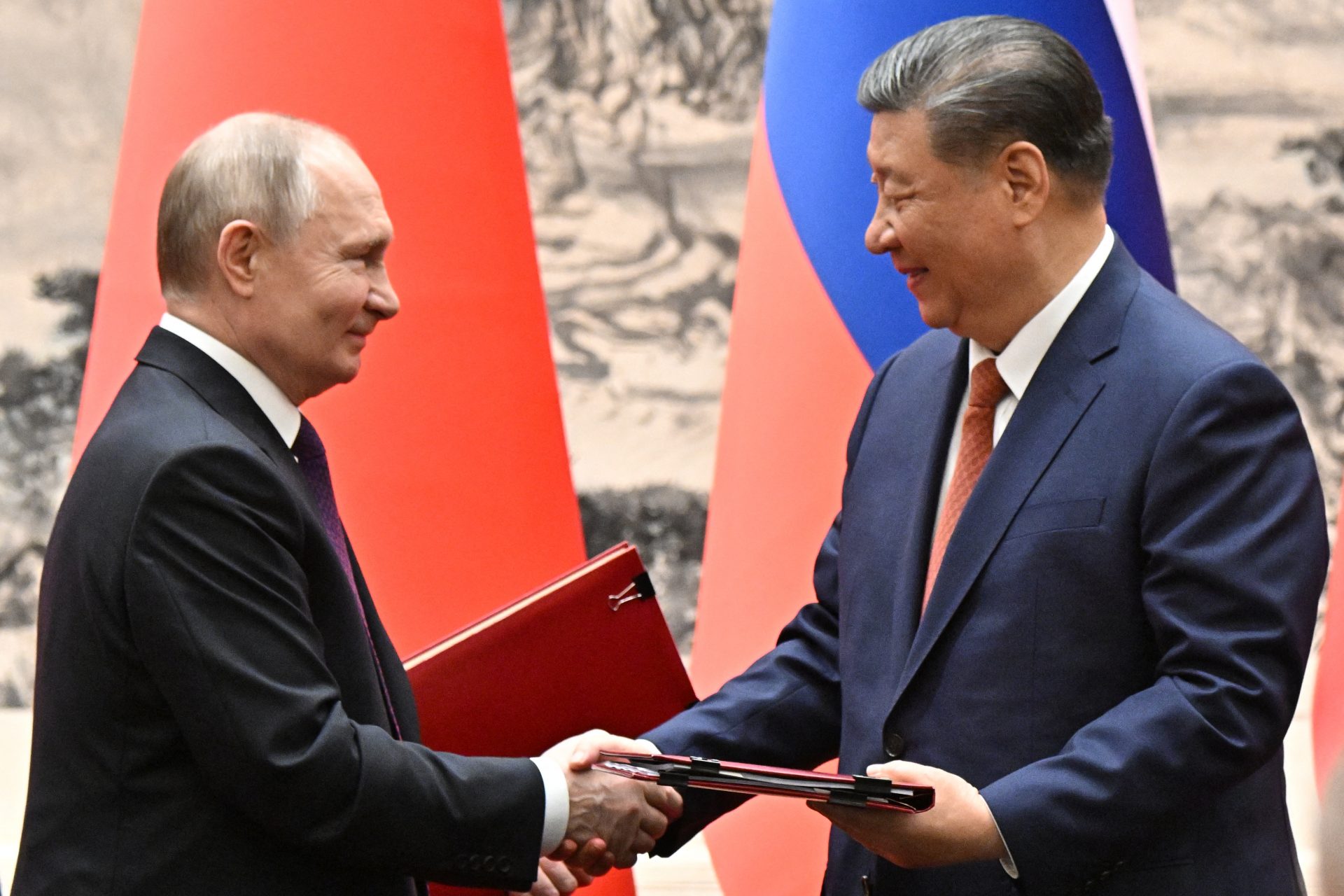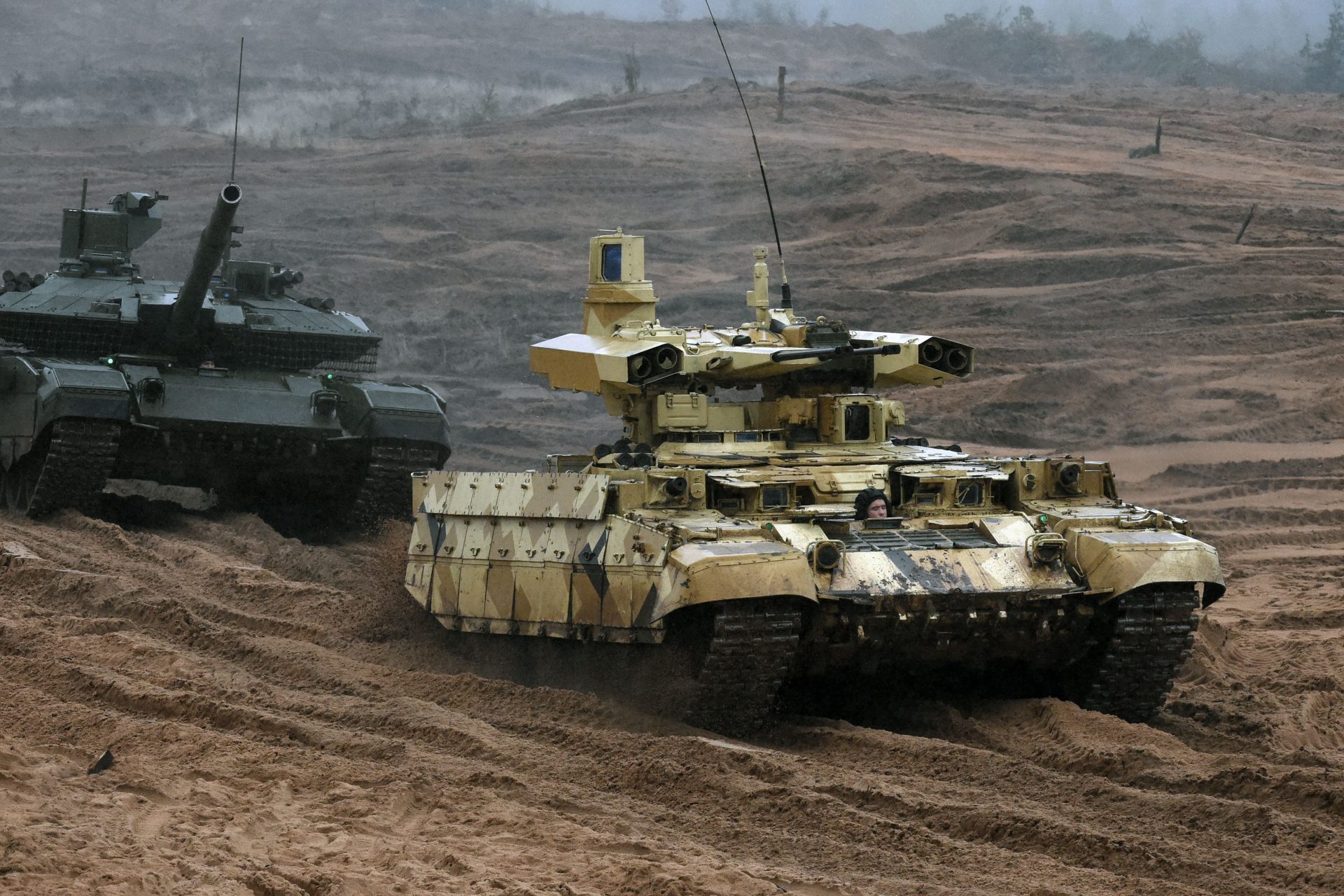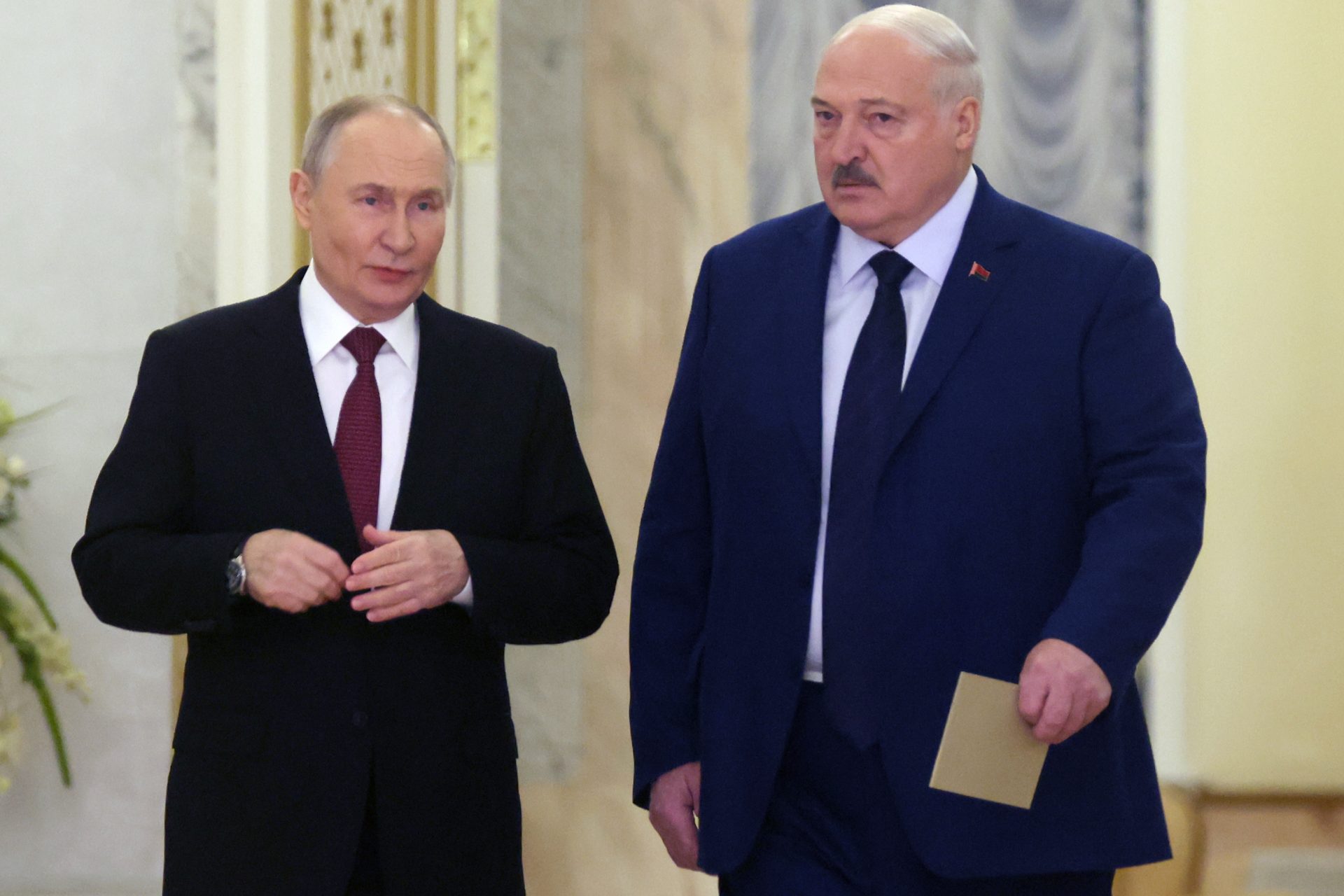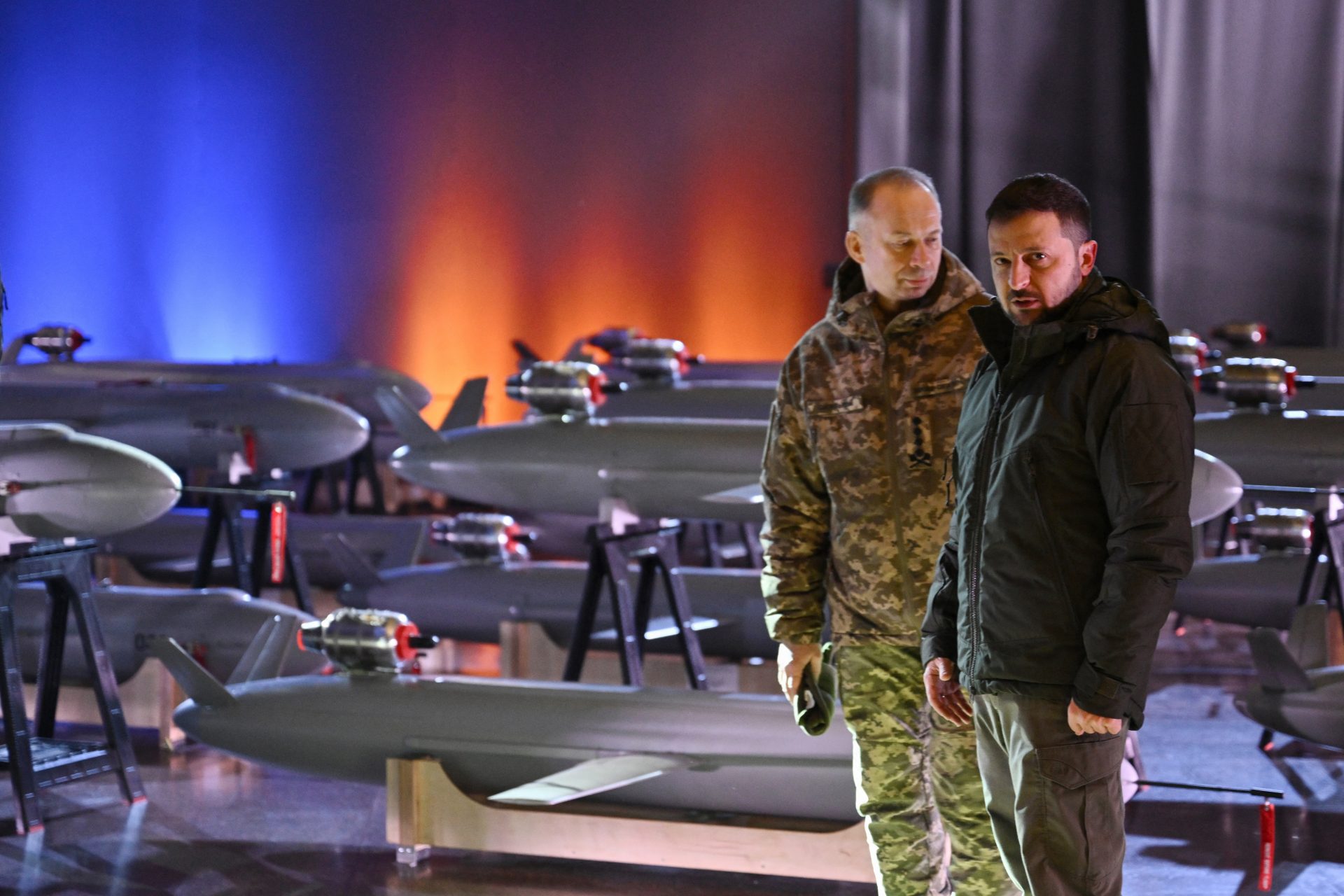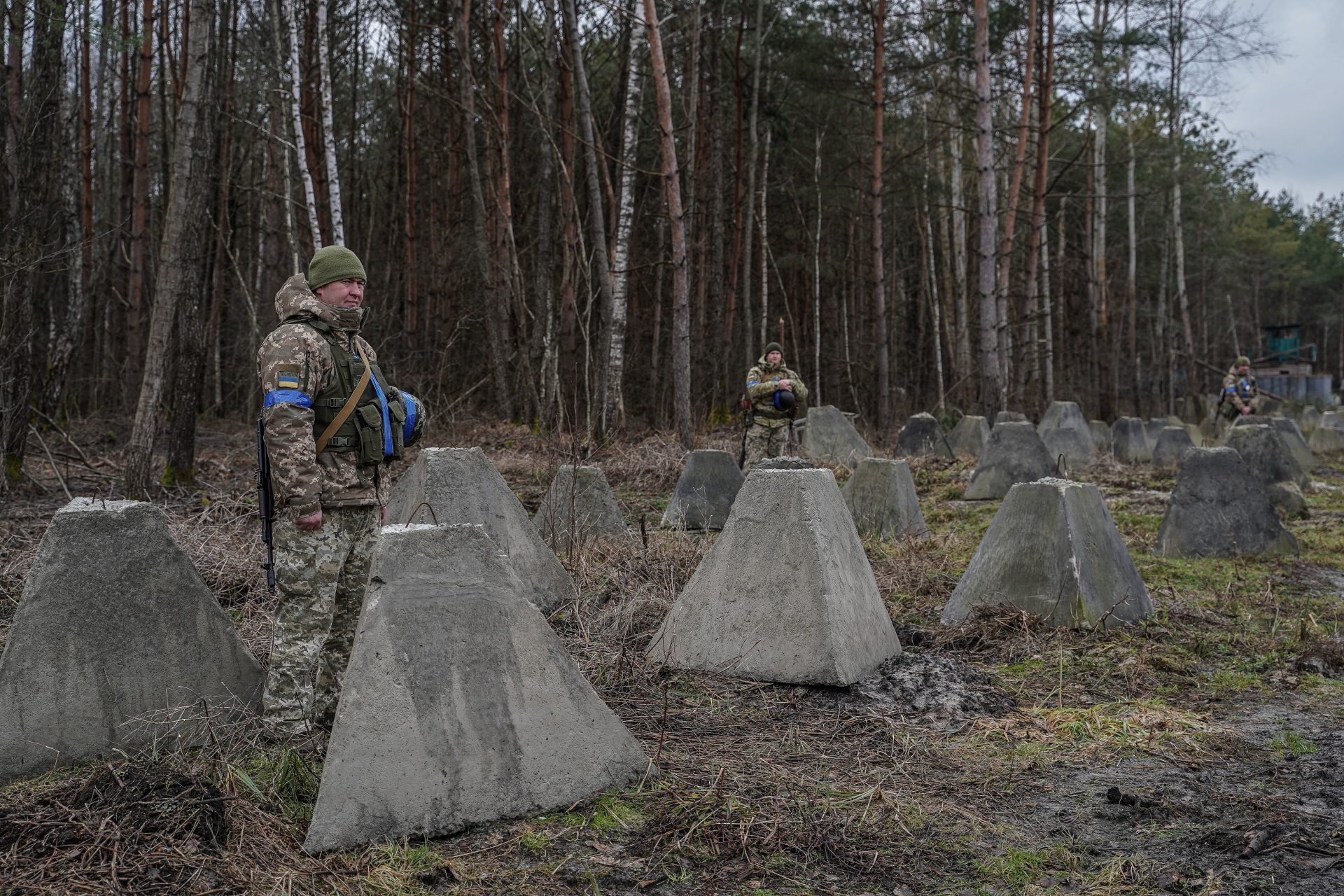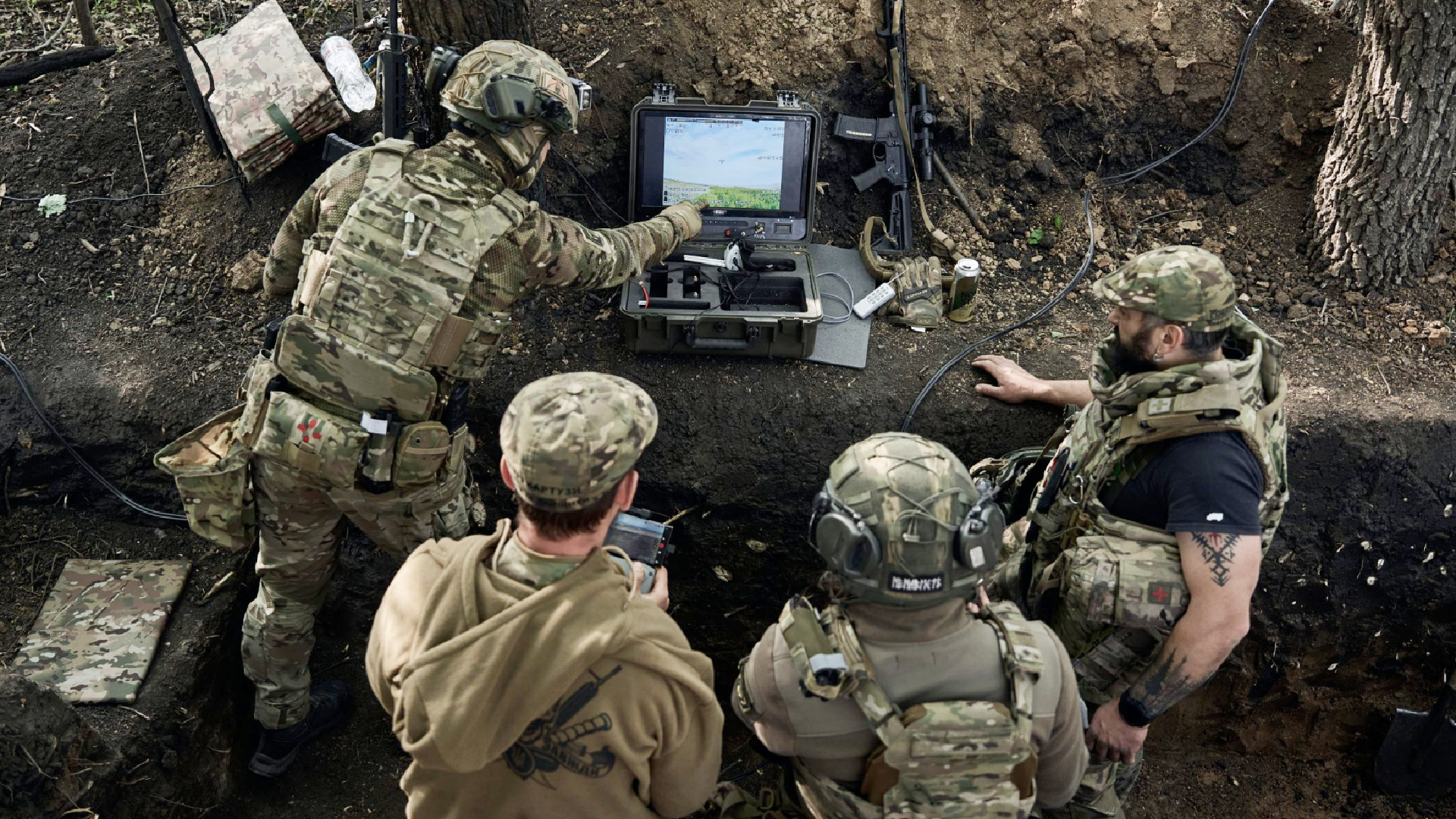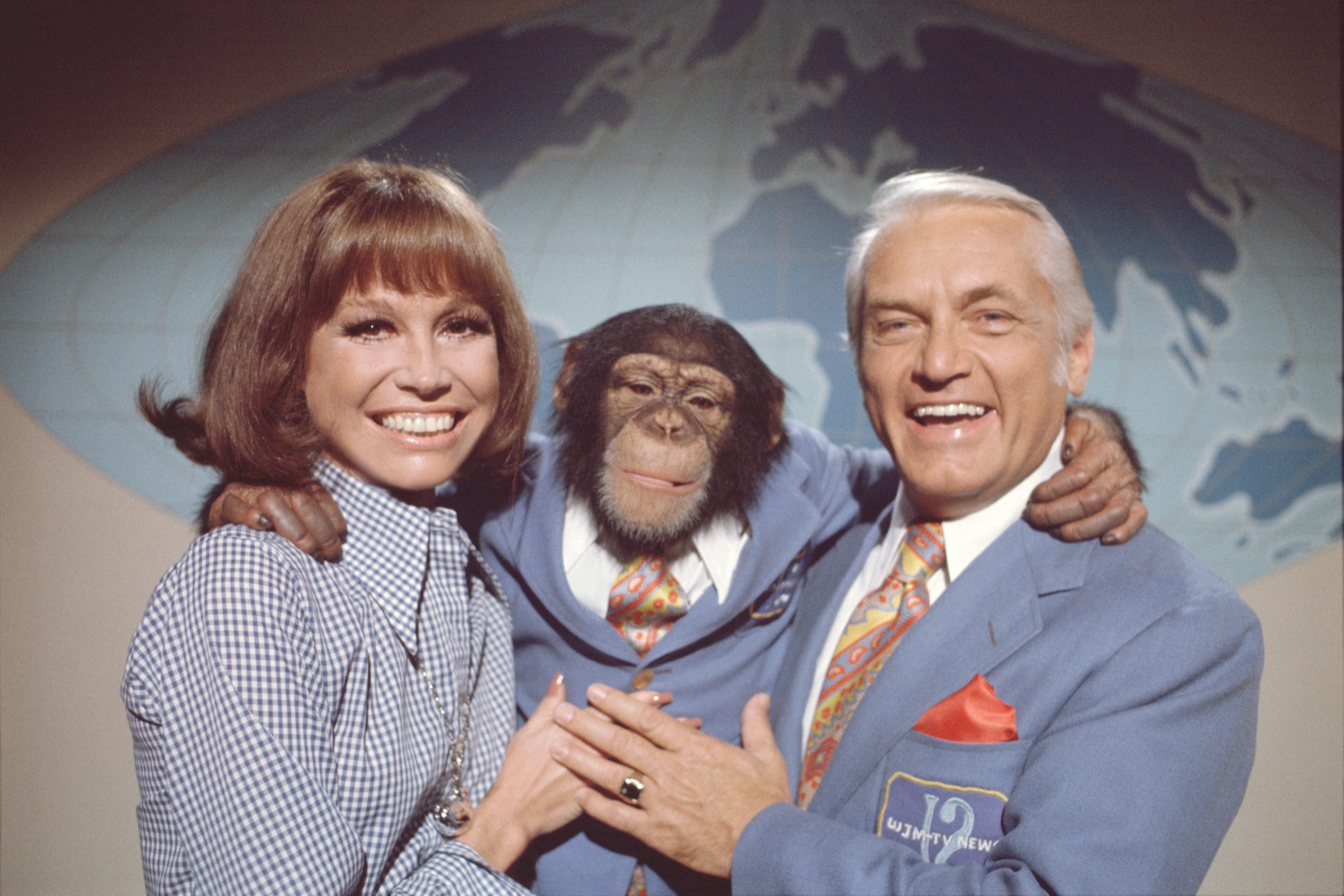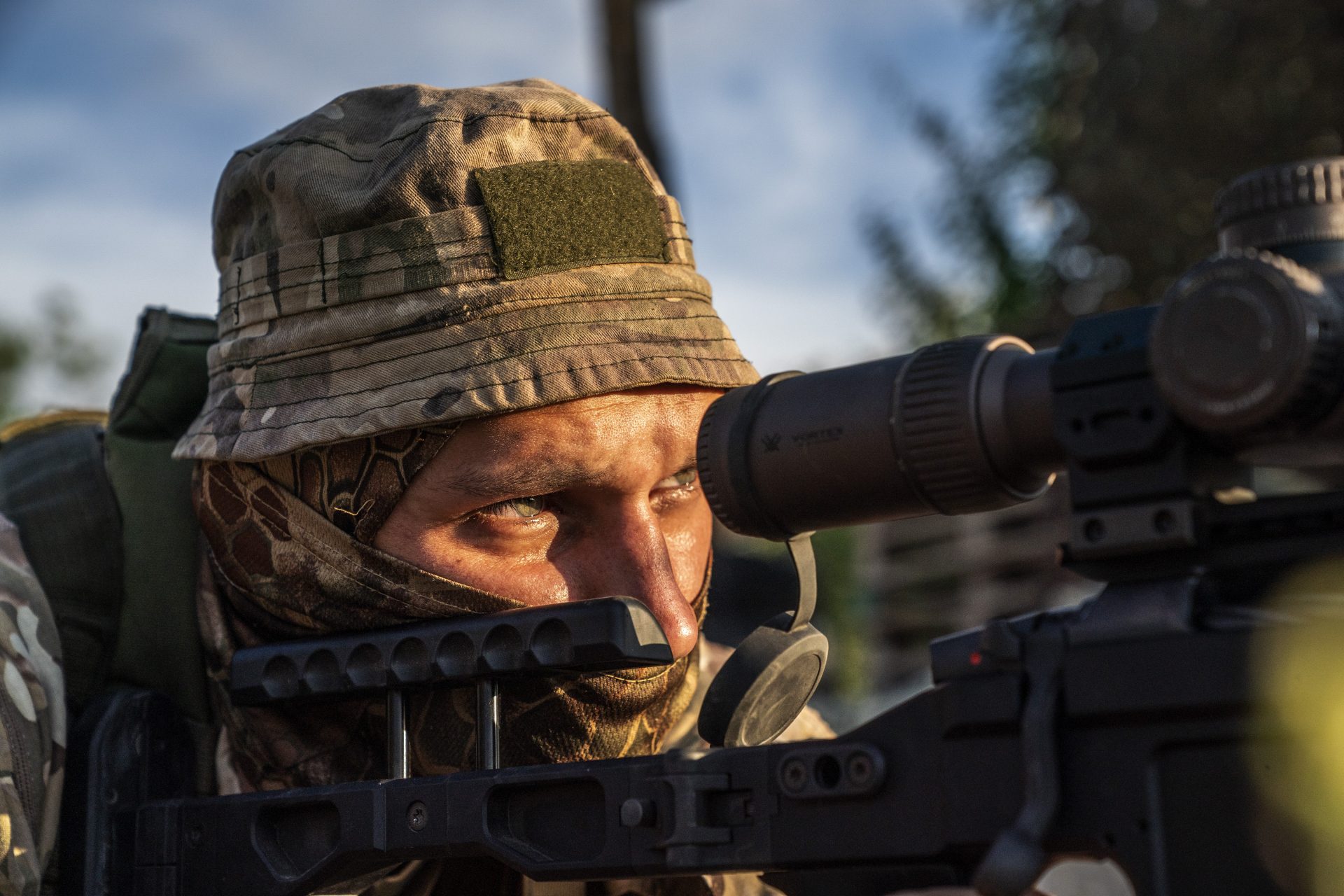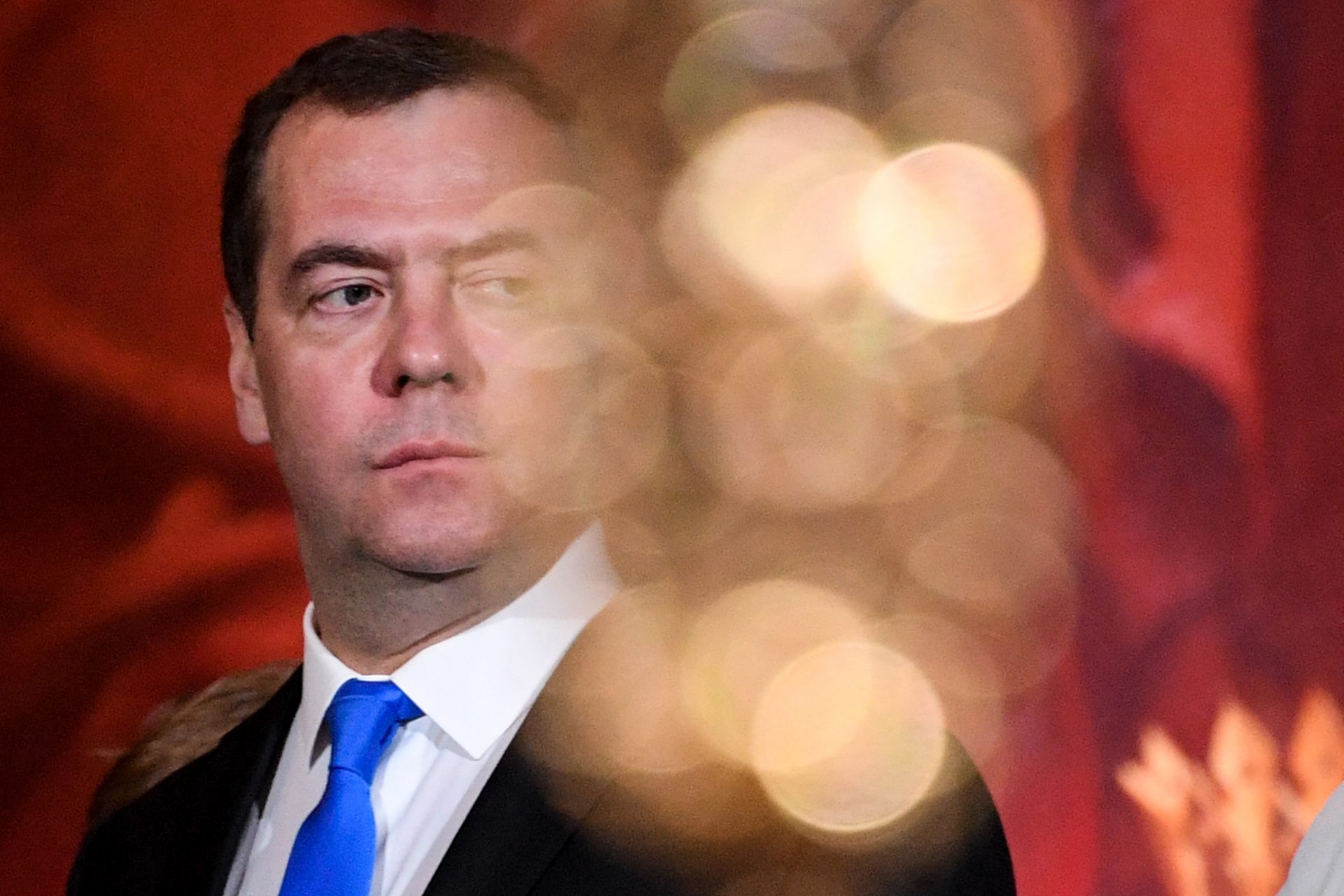When Russia's surprising diplomatic gesture to Washington made global headlines
In recent history, relations between the United States and Russia have been notably tense. However, a recent, unexpected action by the Kremlin has caught the attention of the global community.
Not long ago Russia made a move that surprised the world and even had some people wondering if perhaps the ice relationship between the Kremlin and the White House might finally be warming up.
When international leaders gathered at the 2024 NATO Summit in Washington they renewed their vow to support Ukraine. However, that is hardly newsworthy, but following the summit, nobody was prepared for what Russia did next.
Despite the politically charged statements that came from Russian leadership throughout the NATO summit, once it was over, a central figure in Moscow reached out to his counterpart in Washington following a period of silence according to the Pentagon.
One day after the 2024 Washington Summit ended, Russian Defense Ministry Andrey Belousov spoke with U.S. Defense Secretary Lloyd Austin, and the Pentagon provided a readout of what the two leaders spoke about during their call.
The information released by the Pentagon wasn’t much but it did note that Belousov “emphasized the importance of maintaining lines of communication amid Russia's ongoing war against Ukraine,” something that hasn’t been done as of late.
The Hill reported that Austin last spoke with his counterpart in Moscow on June 25th, about two and a half weeks before their phone conversation that followed the NATO summit, but before that call no communication had happened since March 2023.
Belousov can’t be blamed for the relative lack of communication between Moscow and Washington since he only took over as the Russian Minister of Defense in May 2023 after Sergei Shoigu was promoted to Secretary of the Russian Security Council.
Whether or not Shoigu’s promotion was meant to be a promotion was hotly debated at the time, but one thing was clear about the move according to the Center for Strategic and International Studies, Belousov taking over as defense minister was bad news.
Belousov was a relatively unknown figure at the time but his appointment reflected what researchers at the Center for Strategic and International Studies said was the important role that a strong industrial base would play in their attritional war against Ukraine.
Vladimir Putin tapped Belousov to run the defense ministry likely because of his record as a strong advocate of central planning, something Moscow would need if its hopes to develop a powerful wartime economy were going to come true.
“Under Belousov, Russia’s defense industry can expect tighter integration with the Ministry of Defense’s vision of the future Russian armed forces,” the researchers wrote about what the future will hold with Belousov heading up Russia’s Ministry of Defense.
Despite his promotion, Belousov wasn’t quick to contact Washington and open up lines of communication after years of silence. The Hill noted the invasion of Ukraine seriously strained relations between Russia and the U.S., but the NATO summit may have prompted action.
The Hill’s Ellen Mitchell reported Moscow appeared to be roiled by the alliance’s choice to issue a communique that laid out new military spending and financial support, as well as a pledge to support Ukraine’s future membership in NATO.
“NATO once again very clearly confirmed its essence. It is an alliance founded in an era of confrontation with the aim of continuing confrontation,” said Kremlin Press Secretary Dmitry Peskov about the alliance’s plans on July 12th.
“We see in fact that the alliance’s military infrastructure is constantly and gradually moving towards our borders. … All of this will require us to take thoughtful, coordinated, and effective responses to deter and confront the alliance,” Peskov added.
According to Reuters, the Washington Summit Declaration as it has been titled, outlined how NATO will take over some responsibility in the distribution of a $43 billion assistance fund aimed at supporting weapons procurement and training.
The Washington Summit Declaration also condemned Russia’s irresponsible nuclear war rhetoric and the stationing of nuclear weapons in Belarus while also calling out China as a “decisive enabler” of Russia’s ongoing invasion of Ukraine.
More for you
Top Stories



